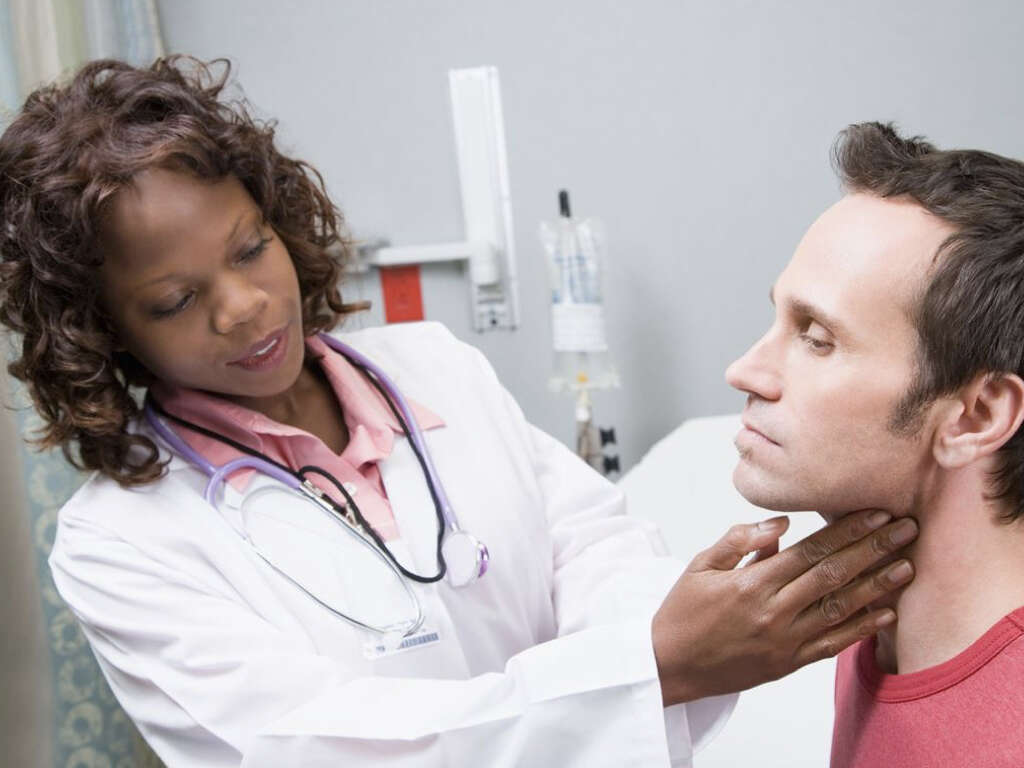Ringworm Causes, Symptoms & Treatments
Advertisement
Ringworm or dermatophytosis is a fungal infection that affects the skin. This infection has the name “ringworm” as it causes a rash that is circular and looks like a ring. There are approximately 40 types of fungi that can result in ringworm. It is usually caused by three categories of fungi, mainly of the trichophyton, epidermophyton, or microsporum type. It is also contagious, spreading from human to human or between human and animals. The diagnosis of ringworm can usually be made based on the appearance of the rash and other symptoms.
It can be confirmed through cultures or microscopic examination of skin scrapings. At any given time, there are as many as 20% of the population that are affected. Among males, infections in the groin are commonest. Infections involving the scalp and body usually affects both males and females.
Advertisement
Cause #1: Contact
Ringworm infection spreads and infects others easily through contact with: other infected individuals, infested particles (nails, hair, dead skin), fungi spores, surfaces (bathtubs, showers, floors, carpets), and clothing (shoes, clothes, socks).
Transmission from animals to humans are also very common. When ringworms occur on pets such as dogs and cats, transmission happens when a person is petting or grooming the affected animal. It also affects animals such as ferrets, horses, cows, and pigs. Individuals who work closely with animals, especially strays, and those who are involved in contact sports are at higher risk of having a ringworm infection.
Advertisement

Advertisement







